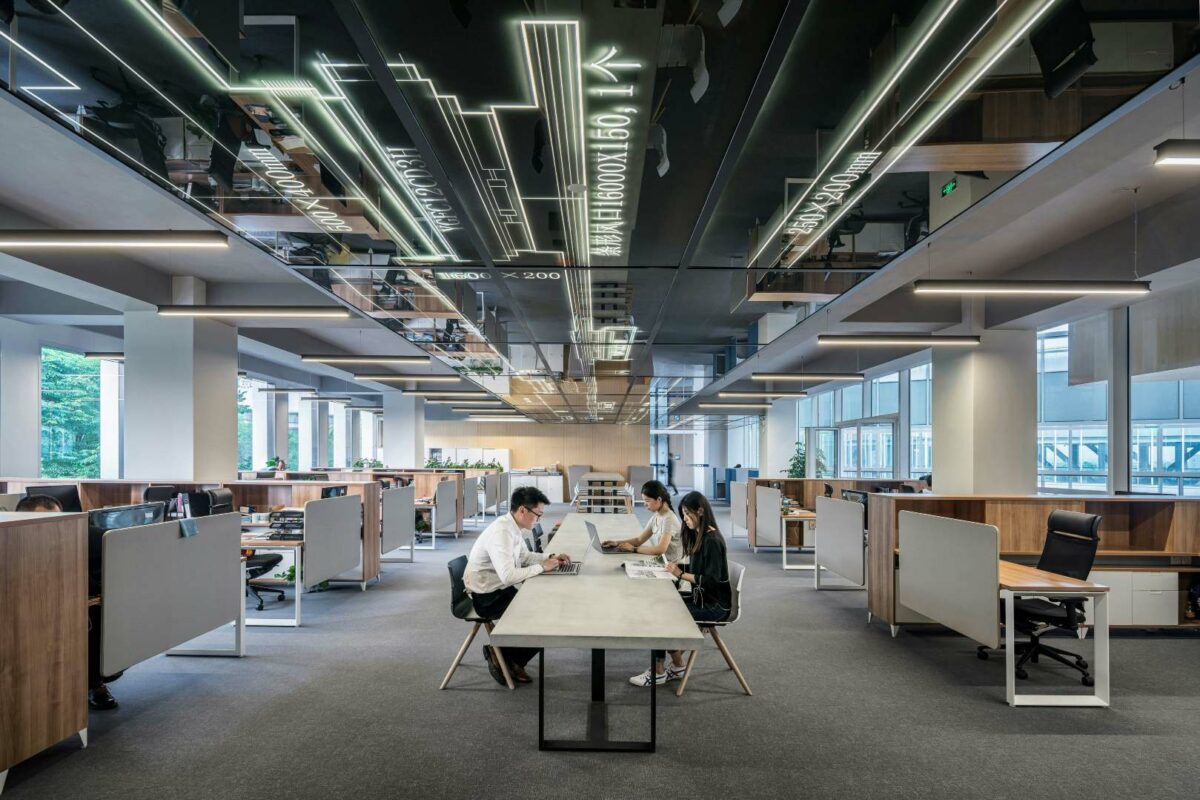We need to talk about wellbeing. And workplace wellbeing. They are not the same. Promises being made in the name of the latter to solve the former are unrealistic, verging on the fanciful. Every new product and initiative is accompanied with a claim to it making a contribution to wellbeing amongst its attributes, like we’ve just discovered that looking after ourselves and others is a good thing. As the reality emerges from the fog, the credibility of worthwhile programmes and initiatives may well be undermined. This is a plea for – and an attempt at – clarity.
The seven aspects of wellbeing
Wellbeing is a huge field of knowledge and practice, covering almost every aspect of our lives. Most models of wellbeing have six to eight aspects. I usually use seven – occupational, environmental, emotional, physical, intellectual, spiritual and social. Each of these further breaks down into smaller factors. For example, emotional wellbeing can include relationships, autonomy, purpose and self-acceptance. Each is then a field of knowledge and practice in its own right, and inevitably breaks down further. Wellbeing is not a matter to treat lightly.
Within this static model are three principal actors exerting an influence on your wellbeing – yourself, other people and places – in an intense and ever-shifting dynamic.
With yourself, it’s the decisions and choices you make. With other people, they can be those you see and know, or they might be complete strangers whose acts or omissions you are never directly aware of. With place, every human being has to be somewhere – whether home, transport, the urban environment – or a workplace. The influence of these actors is never neutral but, within a band of tolerance we never notice, our natural resilience deals with the fluctuations.
The impact of others
We begin to see within the model and the dynamic that the workplace exerts an influence on our wellbeing in a relatively minor manner in regard to the physical environment, and yet to a significant degree in regard to the time spent in a workplace given our personal choices and the impact of the acts and omissions of others. However, in our pattern-forming minds we tend to overplay the tangible former and underplay the intangible latter.
Physical working conditions in developed economies today bear no relation to the conditions of even 50 years ago, and certainly not 100. By contrast, the pervasive underlying management ethos has its roots in the early 20th century and has changed little since its inception. Many technologies now in development seek to reinforce this productivity-centric approach, as newer ideas struggle to establish themselves in a world still obsessed with simply dividing total output by total input.
Several things need to happen. First, we need to understand the complexity of wellbeing and the dynamic at play. Second, we need to maintain perspective on the contribution the working environment may make to our wellbeing. Third, we need to understand the scale of the issues associated with personal relations and their effect on our wellbeing.
Passive and active contributions to wellbeing
In regard to the working environment, our activity can be divided into two streams: those things that property teams can do to create an environment that makes a positive (passive, unconscious) contribution to our wellbeing, and those features that can be provided to enable us to make better (active, conscious) choices in support of our wellbeing. This can be achieved by using the elemental framework from The Elemental Workplace (LID, 2018):
There are eight elements where the organisation can create a wellbeing-oriented environment – access to plentiful daylight, always-on high-speed connectivity, sufficient personal and team space, a design that responds to and stimulates all of the senses, physical and psychological comfort and ergonomics, a fully-inclusive offer, well maintained and provisioned washrooms and sufficient secure personal storage. These elements work proactively in contributing to wellbeing, and remove the stress associated with lack of provision, thought or care.

There are four elements that when effectively provided for, enable workplace occupants to make reasoned or impulsive choices geared towards their wellbeing – a choice of work settings to suit every task and situation, the opportunity to influence their immediate surroundings if needed, the ability to control factors such as thermal comfort and noise, and the ability to obtain refreshments in a suitably social setting. Of course, occupants are just as able to make choices that do the opposite, and therefore guidance and information are a vital component.

Our choice of attitude
Above and beyond this however lies the greatest opportunity to improve the wellbeing of everyone in the workplace and make a significant contribution to our personal wellbeing – and this centres on our choice of attitude.
It is entirely within our gift individually to create a collective sense of wellbeing by being – as Bill and Ted would term it – ‘excellent to each other’.
A workplace is inevitably a matrix of agendas and ambitions, often conflicting, that drives self-oriented behaviour. It results in significant time spent in non-productive political activity – positioning, protecting and predicting. It creates an often-debilitating anxiety and stress. It operates in all directions upwards and downwards through line management, and sideways through peer relationships.
Unpicking this is down to us all. We can consciously choose our attitude and approach, supporting a common purpose above the individual, basing our thoughts and actions on a mutually beneficial world view. It is by no means easy, but as it lies within us it needs no project team, no business case, no investment and there is no ROI. There is, however, a better working life for everyone.
The overwhelming balance of contribution lies within the gift of us all, acting individually for mutual benefit. Wellbeing – and workplace wellbeing – need not be complex, unsolvable matters. They are as light as we want them to be.
Enjoyed this article? Find more content on wellbeing here.
Neil Usher is a property, workplace and change professional with 25 years’ global experience. He recently created Sky Central and is author of The Elemental Workplace.
Sophie Barton
Sophie Barton is our Features Editor. She a journalist and editor with 20 years’ experience in the national media, specialising in wellbeing and lifestyle.





